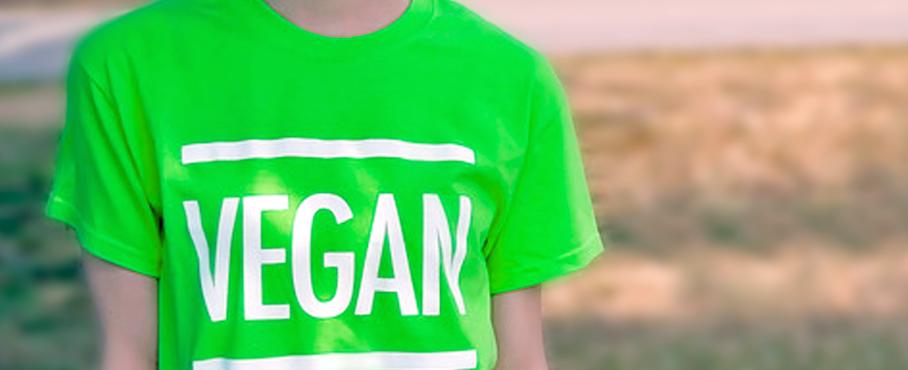In my research, I have uncovered that many large non-profits in the Nonhuman Animal rights movement spend considerable effort invisibilizing, dismissing, or vilifying radical vegan activism. Consider this Vegan Outreach newsletter excerpt as an example:
In the end, we each need to make a choice — do we spend our time glorifying and defending our specific veganism (and any other food and political obsessions we insist on attaching), or do we do realistic work for a vegan world?
Presenting veganism as a “glorification” and “defense” of “political obsessions” is one such way that nonvegan (or “veg”) organizations are able to present themselves as “common sense” to the detriment of social justice positions. But this is not a fair comparison. Activists can absolutely promote veganism and keep goals realistic.
Vegan Outreach conjures an “either/or” scenario because it has a vested interested in doing so: it fears that promoting veganism would alienate donors (it admits this in public interviews I analyzed). Without donors, organizations trapped in the non-profit industrial complex will have difficulty supporting staff and amassing wealth. Large non-profits thus appeal to nonveganism to protect and grow their resources.
Unfortunately, what is beneficial for individual organizations is not necessarily good for the Nonhuman Animal rights movement at large or its nonhuman constituency. As long as the professionalized Nonhuman Animal rights movement invisibilizes or diminishes veganism as the bare minimum of what is owed to other animals, it cannot reasonably be expected that the movement’s audience will value veganism.
Of course, some folks will respond to the vegan message with compromised actions; this is unavoidable given the reality of structural and social barriers. However, if organizations such as Vegan Outreach are broadcasting that veganism is “dogmatic,” “arrogant,” unrealistic, not “psychologically sound,” “crazy,” “misanthropic,” and “obsessive,” it is highly unlikely that anyone will acknowledge veganism as an option at all.
How can we “realistically” work for a vegan world without compromising veganism? I suggest that professionalized organizations are correct to insist that achieving Nonhuman Animal liberation will be a step-by-step process (no one seriously expects the world to go vegan overnight), but it is disingenuous to proclaim that incremental change means promoting anything less than veganism.
The Vegan Outreach strategy entails “meeting people where they are,” but such a strategy is deliberately and strategically non-pressuring and noncommittal. Non-profits attempt to tap into the concern that people already have for Nonhuman Animal suffering to encourage donations. If anti-speciesist representatives are not promoting veganism, and donors are encouraged to donate to help other animals instead of going vegan, when exactly will the interests of other animals be advocated for in such a system?
When I lecture on anti-speciesism in the classroom, the effects of this misconception is sobering. Many of my students enter the classroom believing that “cutting back” or buying “humane,” “organic,” or “cage-free” is the best (or only) response to their concerns for Nonhuman Animal welfare. Advertising campaigns funded by wealthy dairy, “meat,” and birds’ eggs industries have successfully shaped consumer opinion in a way that assuages their guilt and keeps them purchasing the problematic products. Nonhuman Animal rights organizations should not be in the business of making things easier for exploitative industries. To the contrary, is their duty to challenge those misconceptions.
A version of this essay was originally published on The Academic Activist Vegan on January 23, 2013.

